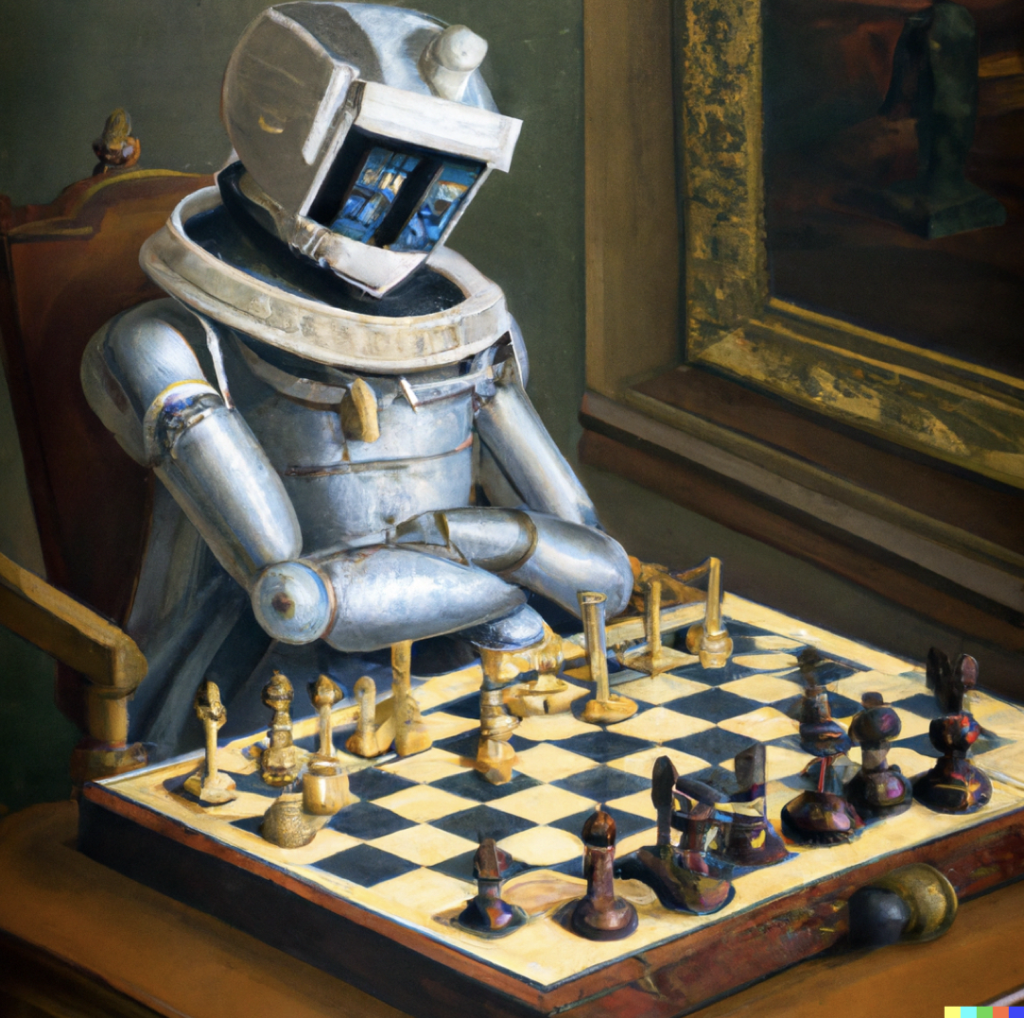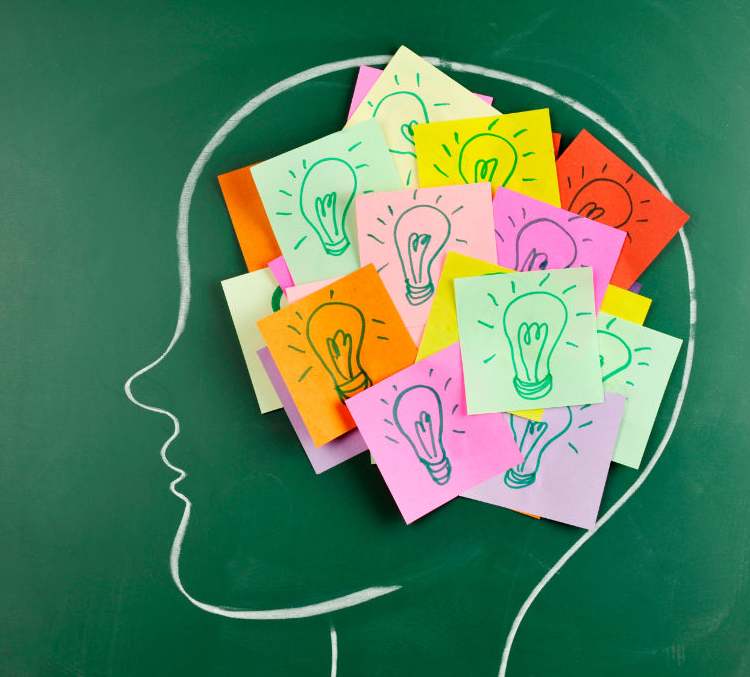
- March 1, 2023
- distance learning, EdTech, Educational Philosophy, Learning, Lifelong Learning, Psychology
The education system will rediscover its true role of serving the individual, helping to educate people in mastering cognitive skills and the ability to think, developing a critical awareness of reality, developing affective domains, and cooperating with others around them. Information will no longer take pride of place in this system since it can be acquired through other non-institutionalized or informal methods. Information, instruction, and self-learning will go hand in hand, neither one at the expense of the other.
One of the problems facing education today is its failure to adapt to the advances in science and technology. Educational institutions and their teaching systems lag far behind when it comes to adapting to new forms of knowledge and learning. While the education system shapes some of the components of society, it is also conditioned by society and has therefore to adapt to society’s many and increasingly varied changes.
The requirements of changing ways of thought, scientific discoveries, new technologies, the steady turnover of the school population, and the emergence of parallel education in the form of the Internet and multimedia are only some of the factors which formal education has difficulty in assimilating. The education system itself is reluctant to accept new teaching techniques and aids. In the age of satellite and instant world communication, schools are still using blackboards or power-point presentations as placebos. This is not even realistic planning; it is enslavement to the past.
Digital, distance, or open education (conceptually, I do not like the word “online education”) is a clear example of an integrated educational technology that can bridge the gap between scientific and technological discoveries and their dissemination. It would be impossible for a formal education system, based only on the interaction between student and teacher, to keep pace with the breathtaking advances of science and technology. Open education offers a way to tailor education to present and future technology. The rapid spread of its popularity in almost every country offers hope for new patterns of institutional education. We favor this kind of education, though we have some criticisms of the lines along which it is developing. Distance education requires a careful approach since there is no guarantee that an innovative process will produce new or innovative results. Even revolutionary systems can produce extreme conservatives, thus reinforcing the development-oriented mentality.
Open, distance, or digital education may be of valuable assistance in educating people for the Twenty-first century. Still, it could also turn into a system that widens the gulf between us and Utopia, between desirable and undesirable futures. The present author has frequently criticized distance education techniques that consist mostly in generating information (almost always less efficient than other techniques) to produce trained manpower. What the world needs is an educated person, capable of understanding the contemporary driving forces in the world, and who can adapt to and transform them. The trained person produced by distance education will soon see his or her instruction become obsolete, whereas an educated person will develop or create new abilities when necessary. Besides, you train animals; you educate people.
Distance education or digital learning should therefore stress the formative and  creative aspect of education, while not excluding instruction; it is simply a matter of tackling both variables: cognitive and affective domains. Most distance and digital education systems seek uniformity of content and method, and disregard, or even eliminate entirely, the part which students in the education process can play. The student becomes merely a receiver of more or less systematized information; the student is isolated in his or her vertical relationship with the teaching material, on which they are entirely dependent. Comprehensive learning calls for participation as man’s natural birthright, stemming from his ability to transform and create anew.
creative aspect of education, while not excluding instruction; it is simply a matter of tackling both variables: cognitive and affective domains. Most distance and digital education systems seek uniformity of content and method, and disregard, or even eliminate entirely, the part which students in the education process can play. The student becomes merely a receiver of more or less systematized information; the student is isolated in his or her vertical relationship with the teaching material, on which they are entirely dependent. Comprehensive learning calls for participation as man’s natural birthright, stemming from his ability to transform and create anew.
Paraphrasing Paulo Freire, dialogue, which is fundamental to participation, does not consist in the student retracing all the past stages of scientific progress, but in challenging knowledge in its relation to, and effect on, current reality, in an attempt to understand, explain and transform it. The significance of scientific discoveries should be discussed, as should the historical and future dimensions of knowledge, its place in time, and its application. We need more constructive and critical thinking than acquiring knowledge without purpose. The best physics student is not the one with the best memory for formulae, but the one who understands their rationale. The best philosophy student is not the one who can illustrate the works of Plato, Aristotle, Russell or Hegel, but the one who approaches them all from a critical point of view and dares to think.
Participation, or two-way education, was typical of the individualized teaching of the past. It has nothing new: Plato proved its worth in his Dialogues. Today, sheer numbers mean that dialogue remains at the intentional stage. This is the challenge for  distance education: converting mass education into two-way formative education with which it will be possible to think about Utopias and change history. The quantitative and qualitative challenge to education is increased when we consider that formal education, which takes up a few years of one’s life, is no guarantee of preserving or improving the human condition. This ideal implies the continuing perfectibility of mankind. Adopting the ‘realistic’ plan of making education last twenty-four or even twenty-six years is impossible. What is needed is a continuing educational process in which the ‘educational community’ –in other words, the whole of society– adopts a learning attitude throughout life, and can adapt to the future without forever destroying structures and values on which the survival of human beings and their culture depends.
distance education: converting mass education into two-way formative education with which it will be possible to think about Utopias and change history. The quantitative and qualitative challenge to education is increased when we consider that formal education, which takes up a few years of one’s life, is no guarantee of preserving or improving the human condition. This ideal implies the continuing perfectibility of mankind. Adopting the ‘realistic’ plan of making education last twenty-four or even twenty-six years is impossible. What is needed is a continuing educational process in which the ‘educational community’ –in other words, the whole of society– adopts a learning attitude throughout life, and can adapt to the future without forever destroying structures and values on which the survival of human beings and their culture depends.
By contrast with the present limited span of education, continuing education or lifelong learning, both formal and informal, is one of the goals of Utopian thinking. It confers on school and university a much higher role than the mere transmission of knowledge: that of teaching people how to learn, and how to go on learning even after leaving the formal education system; of granting a certificate or diploma in recognition of the completion of only one stage in education; and of changing the structures by which society awards qualifications.
In this Twenty-first century, assuming that the world is spared Armageddon, learning requires greater participation by the education system in its own future. Thanks to all kinds of technology, as new developments in Brain-Computer Interface (BCI), machine learning, or artificial intelligence, methods for acquiring information will be increasingly simple, accessible, and accurate. The working day will be much shorter, allowing greater time for creative leisure and making education ever less hierarchical and more ongoing throughout people’s lives. The education system will rediscover its true role of serving the individual, helping to educate people in mastering cognitive skills and the ability to think, developing a critical awareness of reality, developing affective domains and cooperating with others around them. Information will no longer take pride of place in this system since it can be acquired through other non-institutionalized or informal methods. Information, instruction, and self-learning will go hand in hand, neither one at the expense of the other.
We shall no longer live in a world of specialists, but of men and women who blend expertise with general knowledge, and who are capable of viewing organic education as designed to create equilibrium without retarding growth, and promote growth without jeopardizing equilibrium. We have created an industrial order that is closely linked to automatism, in which we value more training than education, and in which widespread neurosis is the final gift of an ultimately insipid and stressful life.
Our lives are governed by specialists who know too little about what happens outside their field to have a sufficient understanding of what happens within it; unbalanced creatures, not with the method in their madness but madness in their method. Our life, like medicine, has suffered from the ousting of the general practitioner, who is capable of careful diagnosis and treatment relating to both individual and community health. Has not the time come to ask ourselves what really constitutes a human being, and what changes are required in our outlook to develop this human being?
References
Escotet, Miguel A. (2023). La universidad del futuro para una educación en red y a lo largo de la vida. En Santos Rego, M.A., Lorenzo Moledo, Mar y García Álvarez, Jesús (Eds.). La educación en red. Una perspectiva multidimensional. Barcelona: Editorial Octaedro, 161-192.
Escotet, M.A. (2022). Issues Comparing Classroom and Online Education. Catchall Blog. December 12. Retrieve at https://miguelescotet.com/2022/issues-comparing-classroom-and-online-education/
Escotet, M.A. (2017) La universidad cosmopolita en una era de cambios. En Marcelino Agís Villaverde (Ed). Camino, luego existo. Pensar el camino en clave cosmopolita. Santiago: Ediciones Universidad de Santiago y Sociedad Interuniversitaria de Filosofía, pp. 27-54.
Escotet, M.A. and Alvarez, C.M. (2004). The Psychosocial and Cultural Nature of Education. Boston: Pearson, 273 pages.
Escotet, M.A. (1992). Aprender para el futuro. Madrid: Editorial Alianza Universidad. 267 pages.
_________________
©2023 Miguel Angel Escotet. All rights reserved. Permission to reprint with appropriate citing.